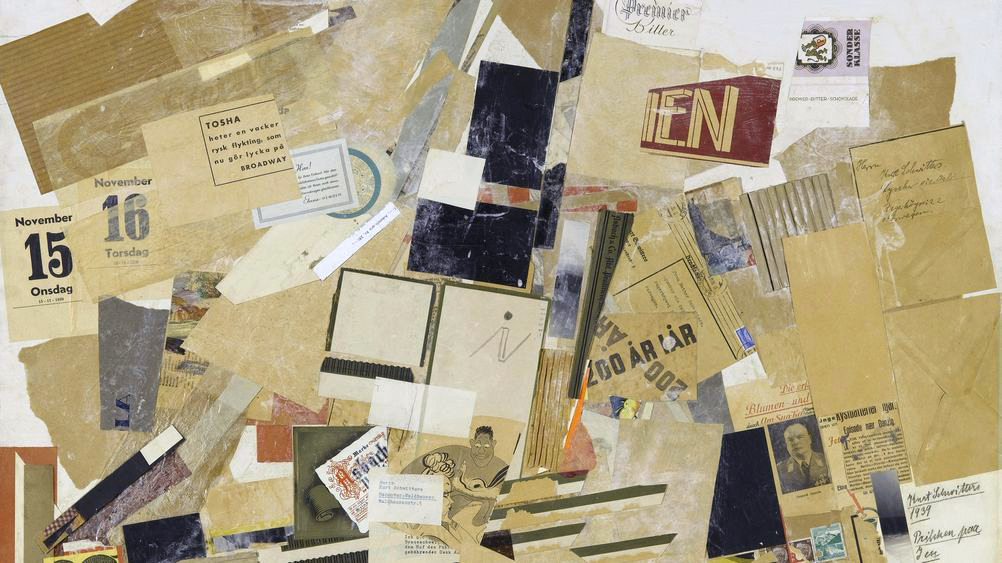Programmed Ontologies, How to Code a World Instructor: Ezio Blasetti & Danielle Willems Date & Time: Saturdays April 10, 17, 24, May 8 11:00 to 13:30 ET
![]()

DESCRIPTION: Our world is the manifestation of complex, adaptive and intelligent systems. This workshop draws parallels between existing models of complexity in material, biological and physical systems and extends further than the mere replication of ‘matter’ and ‘nature’ . Algorithmic design research blurs traditional disciplinary boundaries, bridging multiple scientific and artistic fields and has the capacity to develop a deeper dialogue with a variety of scales and their interrelation. The ubiquity of our digital tools has made design and the manipulation of information inseparable. Our speculation is that computation is not solely digital but omnipresent. Matter is increasingly indiscernible from media. A plethora of different scales of time, from the genetic to the geological, are in direct contact with our abstract predictive models, computational infrastructures and technical apparatuses. In our contemporary post-human context, our hybrid languages increase their potency of affection of the ‘real’ through a procedurally bound acceleration. We seek novel elements and patterns of organization, structure and articulation as informational systems with spatiotemporal manifestations.
The workshop focuses on the creation of adaptive algorithmic systems and coded worlds. The research will showcase the organizational and spatial characteristics of algorithmic procedures. The goals of the research include the careful calibration of each process of formation, the curation of precise interactions between an ecology of algorithmic logics and datasets and the study of the entropy in their generative phase spaces. The study of algorithmic formation is always a process of negotiation: data and its manifestation withdraws relative to different perspectives. Notions of projection, intersection, mapping and embedding are lenses of perception of abstract figures, whose structure always escapes a complete representation. All different data dimensions enter a flat ontology, with no preconceived hierarchical relationships between them. The generative potentiality is encapsulated in a non-representational and almost anti-figurative nexus of qualities.
IMAGE: Kurt Shwitters, Prikken Pa, 1939
To see The New Centre Refund Policy CLICK HERE.
To see The New Centre Refund Policy CLICK HERE.